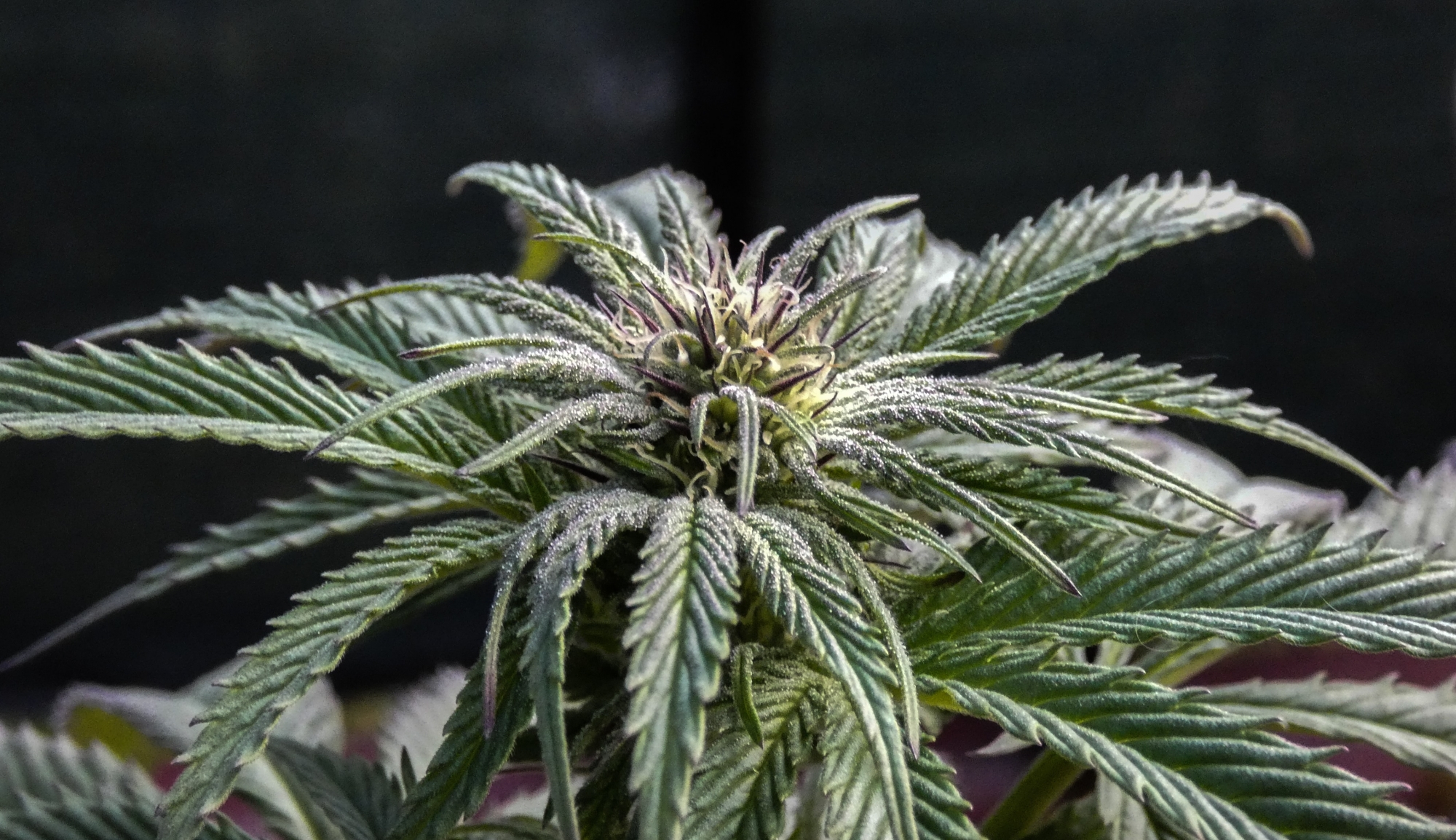You are here
Home 🌿 Cannabis Technology News 🌿 Fast-growing Nova Scotia cannabis outfit Bloom Labs home to microbiologists/janitors 🌿Fast-growing Nova Scotia cannabis outfit Bloom Labs home to microbiologists/janitors

Perhaps more people would have paid attention in chemistry class if they knew it could lead to a career in weed.
Nichole Taylor, director of Bloom Labs in Bible Hill, has a master’s degree in chemistry and a mellow outlook.
Bloom Labs, which is under the umbrella of the provincial Crown corporation Perennia, is the only accredited cannabis lab in the province.
“Health Canada dictates that in order to sell your product in a licensed retailer — NSLC, in this province — you have to have testing done by a third-party lab; you can’t do it in-house because that’s a conflict of interest, obviously,” said Taylor in her lab.
“What we do here is offer the full suite of tests required by Health Canada, and a few extra tests as well that are of interest in the industry but not required.”
Taylor’s team of nine includes microbiologists, analytical chemists and technicians, and has been getting added to frequently.
“We’ve been growing in terms of our client base, and growing in terms of our staff. When I took over the director’s job, which was just over a year ago, we were a team of four,” she said.
And everyone on the team has two roles. Though it’s not in the job description, all the scientists also have to possess custodial skills. Even though the lab is alarmed, no one else is permitted to enter because of all the cannabis that’s there (how much, Taylor won’t say) so, on Friday afternoons, everyone grabs a mop.
“Potency is one of the required tests, so you know the label you read in the liquor store is accurate,” Taylor said.
“The rest are contamination tests. We test for heavy metal contamination, we test for pesticide contamination and aflatoxins, a chemical released by some moulds. Then we do a full suite of microbial tests, which includes yeasts and moulds and . . . salmonella and E-coli. Those are all required.”
The team evaluates oils, tinctures, capsules, edibles, drinkables and topicals, and is also licensed for research and development.
“Beside the testing lab, we also have a food scientist here, dedicated to developing cannabis edibles and drinkables, so if there’s any licensed producer out there who wants to get into that market, we have an expert here who can help them,” Taylor said.
“We also have an expert in crop growth to help with problems during the production phase.”
Bloom Labs is hosting its first workshop for licensed producers on March 17, with speakers on crop production, sanitation and developing an edibles brand.
“Some of the largest licensed producers in Canada do have operations in Atlantic Canada, like Hexo Corp is a big one and they have a facility in New Brunswick. They did have a facility in Nova Scotia as well, but that’s slated for closure. The big five, I would say, do have operations here but there are also independent licensed producers here that are fairly big,” she said.
“There is a thriving cannabis market in Nova Scotia. I would never want anybody to be confused just because this person decided to close this one plant.”
Taylor gets calls and emails every day from people looking for advice on how to break into the cannabis market. She tells them to differentiate themselves from the crowd.
“I would say, in order to set yourself apart, you’re going to want to think of things that aren’t out there. Whether that’s better genetics for your dried flower, or whether that’s a drinkable that’s not on the market yet,” Taylor said, adding that dried flower remains the most popular cannabis product.
420 Intel is Your Source for Marijuana News
420 Intel Canada is your leading news source for the Canadian cannabis industry. Get the latest updates on Canadian cannabis stocks and developments on how Canada continues to be a major player in the worldwide recreational and medical cannabis industry.
420 Intel Canada is the Canadian Industry news outlet that will keep you updated on how these Canadian developments in recreational and medical marijuana will impact the country and the world. Our commitment is to bring you the most important cannabis news stories from across Canada every day of the week.
Marijuana industry news is a constant endeavor with new developments each day. For marijuana news across the True North, 420 Intel Canada promises to bring you quality, Canadian, cannabis industry news.
You can get 420 Intel news delivered directly to your inbox by signing up for our daily marijuana news, ensuring you’re always kept up to date on the ever-changing cannabis industry. To stay even better informed about marijuana legalization news follow us on Twitter, Facebook and LinkedIn.




